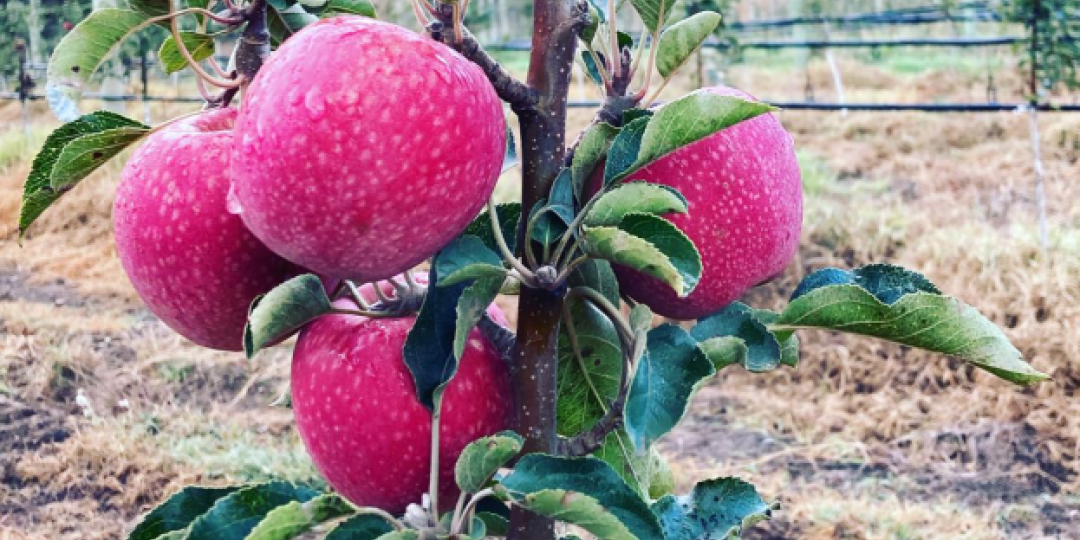At a time when Western Cape pear and apple producers should be celebrating the success of their export marketing campaigns, inefficiencies at the Port of Cape Town are costing them just shy of R1 billion annually.
The more-than 50 farms and 3 300 hectares that make up apple and pear outfit Two-a-Day (TAD) in Grabouw, lose about R26 000 per hectare annually due to delays and inefficiencies at the port, according to Attie van Zyl, TAD’s managing director.
TAD, formerly Elgin Fruit Packers Co-operative Limited, is one of Africa’s leading fruit-growing, packing and marketing companies, with a total annual production of more than 200 000 tonnes of fruit annually, including processing.
During a recent visit to the facility, Dr Ivan Meyer, Western Cape minister of agriculture, economic development and tourism, expressed concern at “the worryingly slow pace” at which the Port of Cape Town’s turnaround strategy was happening, as it had “direct cost implications for the agricultural sector in the Western Cape”.
“While this figure is deeply worrying, it does not show the full extent of the loss to the agriculture sector because we are not calculating the lost opportunities of growing into new markets. We are not seen as a reliable supplier to the international market because we cannot guarantee delivery,” said Premier Alan Winde.
Yet South African apples and pears are extremely sought-after in export markets.
The uptake of South African pear cultivars Packham’s Triumph and Forelle in India has been so good that industry insiders are becoming concerned that these two cultivars may start cannibalising each other’s market share in India.
Meanwhile, producers for fruit exporter Tru-Cape are achieving considerable success with a succession of Pink Lady cultivars, of which the latest, Ruby Matilda, fetched more than R500 per carton in some parts of Europe and the UK, according to Calla du Toit, Tru-Cape procurement manager. South Africa’s Pink Ladies are wildly popular in the UK, but are also gaining market share in Europe, India, and Vietnam.
Glen Steyn, project manager for logistics development at the Western Cape department of economic development and tourism, said the department had been working closely with the management team of Transnet National Ports Authority and Transnet Port Terminals in the Western region.
“We appreciate our constructive engagement with Transnet National Ports Authority. Our conversations include the impact of logistics on the national and provincial economies. A digital logistics planning platform is being developed with Transnet and other agencies in the container logistics chain that should assist in reducing bottlenecks and their disruptive effect on cargo movement,” he said.













